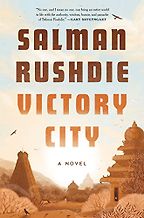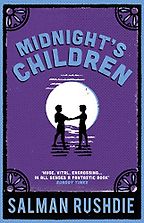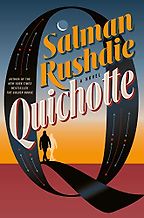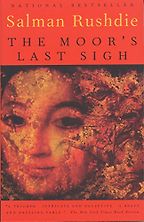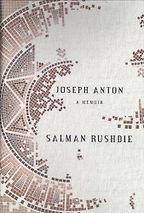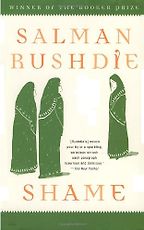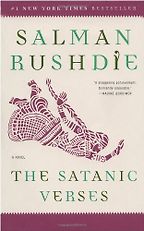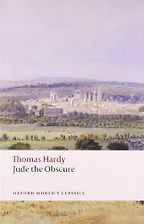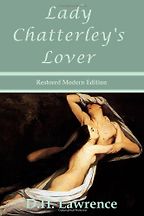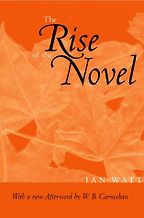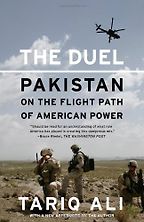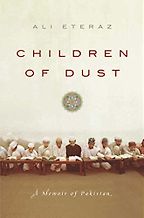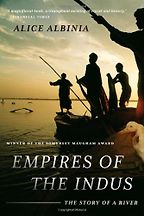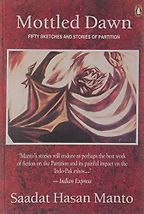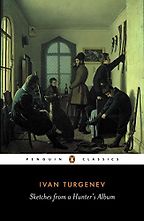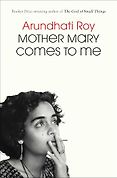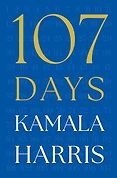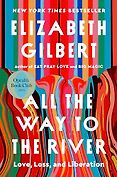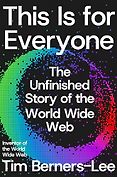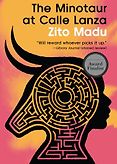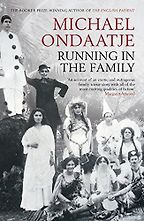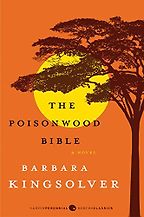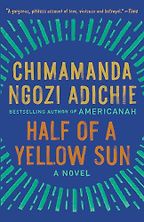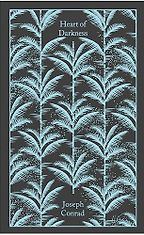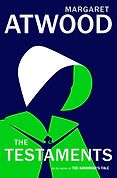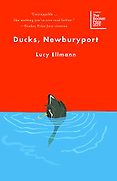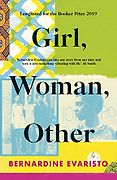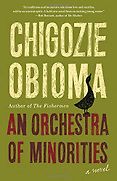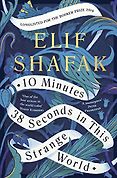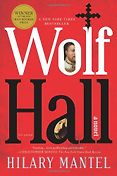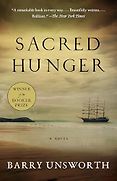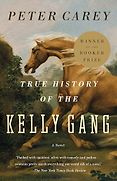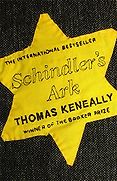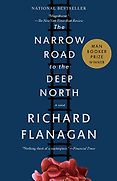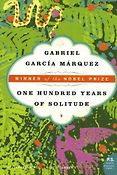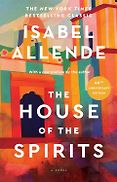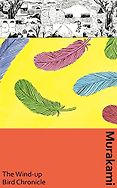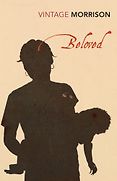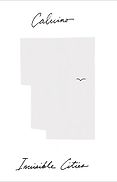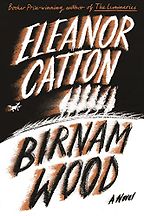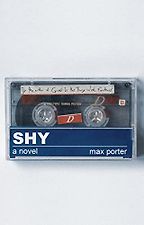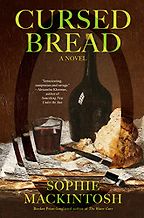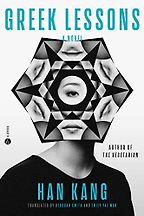
©Andrew Lih
Books by Salman Rushdie
Salman Rushdie is an Indian-born British novelist and the author of more than a dozen novels. His second novel, Midnight’s Children, won the Booker Prize and propelled him to literary fame. He became a household name after his fourth novel, The Satanic Verses, outraged some Muslims and he was put under a fatwa by Ayatollah Khomeini, Iran’s leader, which called for his death and that of his publishers. Rushdie’s books have been recommended many times on Five Books. We’ve also included Joseph Anton, Rushdie’s memoir of his life after he had to go into hiding under police protection, on our list of his recommended books:
“It’s a fantastical epic, which opens in 14th-century India and features a nine-year-old orphan selected by the goddess Parvati to be her human vessel. The Times described it as ‘a total pleasure to read, a bright burst of colour in a grey winter season,’ full of ‘lush, romantic language.'” Read more...
The Notable Novels of Spring 2023
Cal Flyn, Five Books Editor
Midnight's Children
by Salman Rushdie
🏆 Winner of the 1981 Booker Prize
"This is about a boy born at the midnight hour of India's independence, endowed with magical powers to shape the history and destiny of India. Through Saleem Sinai, Rushdie shows a city reclaimed from the sea. Its maidans, its ancient temples and its 'rutputty' cafes are all imbued with the city's quirky, addictive and almost manic magic. Sinai grows with all that shaped the city, its communities, its tensions, its haphazard growth and its churning for identity. Rushdie created a new vocabulary, a new form to reflect Bombay. Forty years later, I was seeing so much of the same"
—Saumya Roy, author of Castaway Mountain, in her interview on the best books on Mumbai.
“If he’d written a straight book, it wouldn’t have been so gripping. It’s gripping because of the magical realist elements, where he can freak out, take off, come back, play with language. All that was very, very inspiring.” Read more...
The Best Historical Novels Set in India
Ruchir Joshi, Novelist
“It’s a really full-on, absolutely uncompromising maximalist novel. It’s very entertaining, clever and politically acute…If you love storytelling and you love popular culture, this is just a dream book because it rips along. At the same time, it is an astonishingly careful and lucid engagement with Don Quixote, the greatest novel of the European tradition. There’s a pleasure just in the game as they play with each other. It’s both wildly unfamiliar and really pleasingly recognizably Rushdie at the top of his game. So yes, it’s a good, good book, but…the bar is set high for him. I don’t want to have something that wasn’t as good as Midnight’s Children on the list. I wanted something wonderful, and he’s delivered it.” Read more...
“This book is one of my favourites of his, a real family saga with strong connective tissue between generations, an ambitious and brave story; it’s exuberant with colour and passion, and at times laugh-out-loud funny.” Read more...
The best books on Displacement
Michelle Jana Chan, Novelist
Joseph Anton
by Salman Rushdie
Joseph Anton is Salman Rushdie's memoir of life after hearing a fatwa that called for his death had been issued by Iran's Ayatollah Khomeini. His crime was writing The Satanic Verses, a novel. Joseph Anton is the new name he chose as he went into hiding, a combination of two of his favourite writers, Anton Chekhov and Joseph Conrad. Curiously, the memoir is written in the third person. At more than 600 pages it is a doorstopper but a revealing read and often funny.
Knife: Meditations After an Attempted Murder
by Salman Rushdie
Knife is Salman Rushdie's memoir written after he was attacked in 2022 and left blind in one eye. The book is dedicated "to the men and women who saved my life." Like his first memoir, it's very readable.
“His mother lived in Karachi and he himself spent time in Karachi. You have to remember that the country in the book is fiction but he describes Karachi in fiction like no other fiction writer has done thus far, in the way that he uses language and describes places. And it is a story that Pakistan is all too familiar with – shame and violence and the impact of those two forces.” Read more...
The best books on The Politics of Pakistan
Fatima Bhutto, Memoirist
“I’m interested in what The Satanic Verses meant at the moment of its publication in 1989/90: with the collapse of the Berlin Wall and the end of the Cold War, the extinction of socialism as a project of human liberation, and, coincident with that, the emergence of Islam or Islamism as both a threat and a promise – and how a novel manages to be the axis on which these huge global events turn…The Satanic Verses represents a moment of liberation – the end of the Cold War – but also the inauguration of a different kind of struggle. Is it correctly conceived as a war of civilisations? Probably not. Is it correctly conceived as a war on terror? Definitely not. But there is no doubt that there is a new agon, a new principle of division and conflict in all its complexity, and The Satanic Verses prefigures it as well as contributing to it.” Read more...
Anthony Julius, Lawyer
Interviews where books by Salman Rushdie were recommended
The best books on Censorship, recommended by Anthony Julius
As both a solicitor advocate and literary scholar, Anthony Julius occupies a privileged place to navigate complex interactions between literature and law. He picks the best books on censorship, including three novels subjected to their own censorship controversies.
The best books on The Politics of Pakistan, recommended by Fatima Bhutto
Author and journalist Fatima Bhutto says that to understand Pakistan you must first fully appreciate the devastating impact of American foreign policy on the young nation.
The best books on Pakistan, recommended by Daniyal Mueenuddin
Pakistani writer Daniyal Mueenuddin explains that if you live somewhere as stable as England it’s very difficult to understand how quickly things are changing in Pakistan
-

1
Mother Mary Comes to Me
by Arundhati Roy -

2
107 Days
by Kamala Harris -

3
All the Way to the River: Love, Loss, and Liberation
by Elizabeth Gilbert -

4
This is for Everyone: The Unfinished Story of the World Wide Web
by Tim Berners-Lee -

5
Raising Hare
by Chloe Dalton -

6
The Minotaur at Calle Lanza
by Zito Madu
New Memoirs
New Memoirs
New memoirs continue to come out hard and fast, testimony to our enduring interest in hearing people tell the stories of their own lives. So far in 2025, these have included candid tales told in painful detail by talented writers, as well as books that combine personal history with other objectives—such as, for example, saving the internet.
The best books on Displacement, recommended by Michelle Jana Chan
A sense of displacement is at the heart of many of our greatest works of literature. Here Vanity Fair travel editor Michelle Jana Chan discusses five brilliant novels dealing with this theme that influenced her debut Song.
The Best Fiction of 2019, recommended by Peter Florence
Each year, a panel of esteemed judges reads over 100 novels to determine which titles will vie for the award of the Booker Prize for Fiction. Peter Florence, chair of the 2019 judges and founder of the famous Hay Festival, tells us why the books on this year’s shortlist are gripping, enthralling must-reads.
Booker Prize-Winning Historical Novels, recommended by Cal Flyn
Those who love historical fiction have plenty of choice among the list of past Booker Prize-winning novels. We asked Five Books deputy editor Cal Flyn to put together an overview of the Booker’s past victors that will sweep you from Tudor England to 20th-century India by way of the 19th-century Australian outback.
The Best Historical Novels Set in India, recommended by Ruchir Joshi
India’s complex history—specifically, its turbulent 20th-century—lends itself well to ambitious historical fiction, says the filmmaker and novelist Ruchir Joshi, whose latest book is set in Second World War-era Calcutta. Here he recommends five of the best historical novels set in India, including beloved modern classics by Salman Rushdie and Vikram Seth.
-

1
One Hundred Years of Solitude
by Gabriel García Márquez, translated by Gregory Rabassa -

2
The House of the Spirits
by Isabel Allende -

3
The Wind-Up Bird Chronicle
by Haruki Murakami & translated by Jay Rubin -

4
Beloved
by Toni Morrison -

5
Midnight's Children
by Salman Rushdie -

6
Invisible Cities
by Italo Calvino
Magical Realism Books, recommended by Five Books interviewees
Magical Realism Books, recommended by Five Books interviewees
If you enjoy some fantastical elements in your literature—but you aren’t quite ready for full-on swords and sorcery—then perhaps magical realism books are for you. As a genre, magical realism is often associated with South America, thanks in large part to the ‘father of magical realism’ Gabriel García Márquez and mega-bestselling books by Isabel Allende, but examples can be found from all over the world. We’ve put a list of must-read titles.
The Notable Novels of Spring 2023, recommended by Cal Flyn
Spring is always an excellent time for literary fiction releases, and 2023 is no exception. Here, Five Books deputy editor Cal Flyn offers a round-up of the notable new novels of the season, from buzzy debuts to hotly anticipated new releases from internationally acclaimed authors like Eleanor Catton, Han Kang, and Salman Rushdie.
